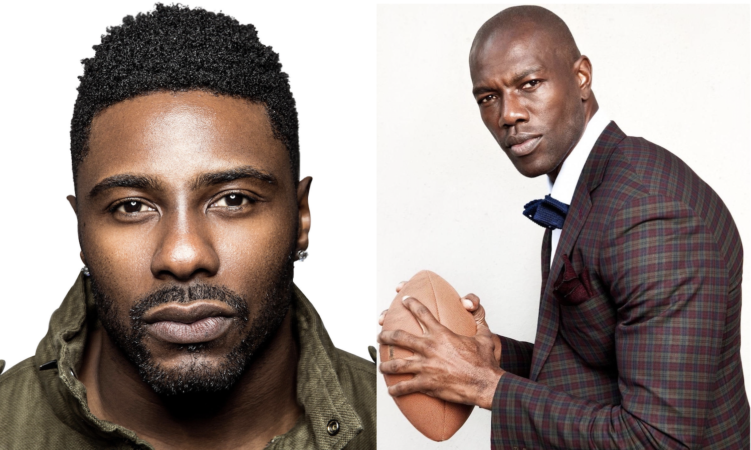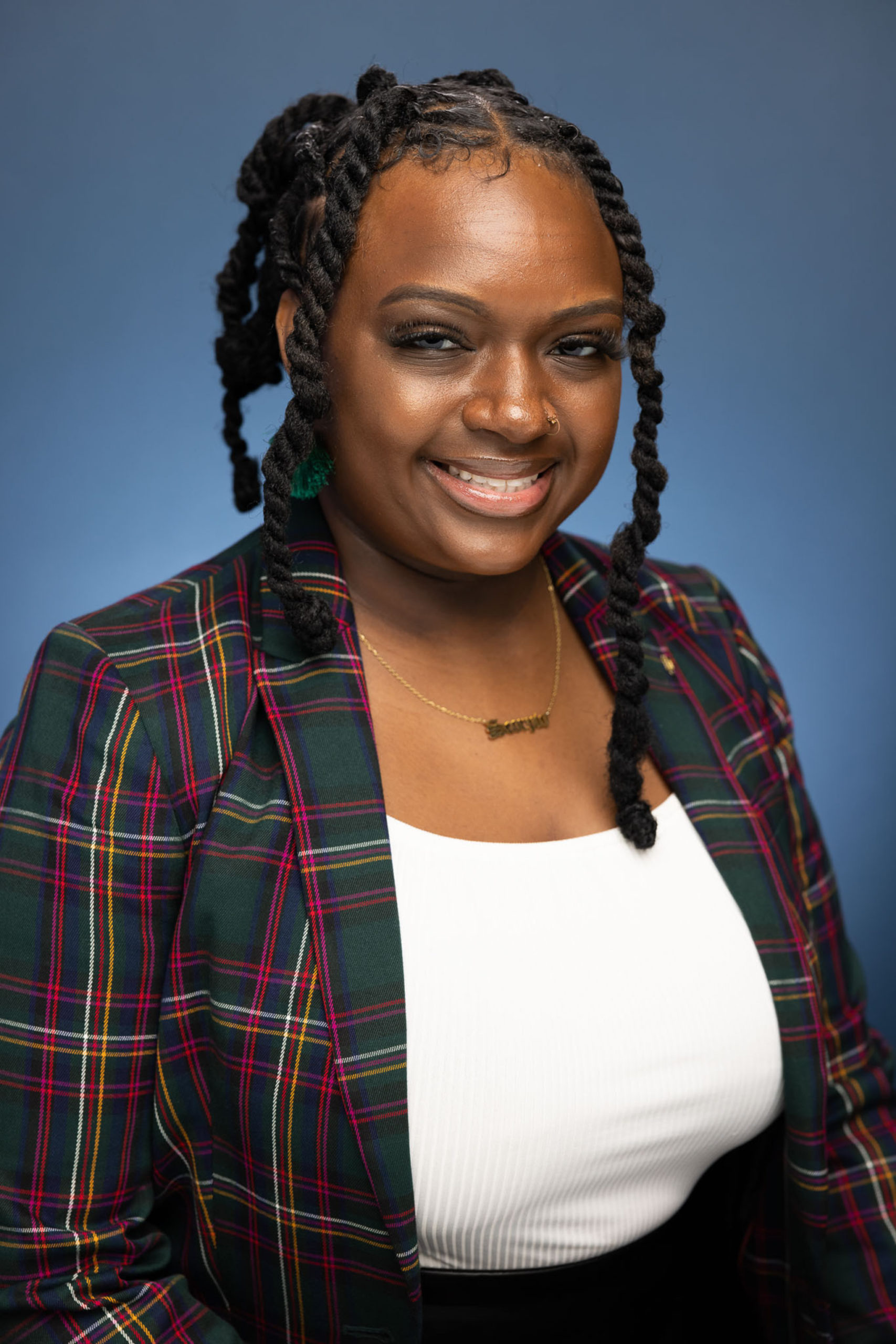Here’s to breaking the stigma when it comes to Black men and mental health.
Ahead of World Mental Health Day on Oct. 10, former NFL player turned therapist Jay Barnett — a survivor of two suicide attempts — has doubled down on his commitment to changing the narrative when it comes to Black men and their mental health.
“It wasn’t until after football that I realized I needed help. I hid behind football for a number of years. I was a free agent back in 2006, and I bounced around trying to find a place to stick and I couldn’t,” Barnett told AfroTech exclusively. “After working out for the Packers and before training camp, I went to play in the Arena League. I discovered that my desire to play was from an unhealthy place. I wanted to play because I wanted to prove to my father I could be everything that he wasn’t. Football was how I coped and when I couldn’t play — I felt useless.”
To help others get the help they need, Barnett recently teamed up to moderate an open conversation surrounding mental health alongside NFL Hall of Famer Terrell Owens. He’s also joined Tamar Blue, the founder of MentalHappy, to celebrate the launch of the first mobile app dedicated to providing free and low-cost peer support groups for people across the globe.
“The most common misconception about mental health in the Black community is that a struggle with one’s mental health issues represent ‘weakness’ — And expressing how you feel to a therapist is complaining and telling ‘family business’ to a stranger,” Blue, the founder of MentalHappy, shared with AfroTech. “But the truth is, a person’s mental health can improve or decrease at times as a result of childhood trauma, grief, injury, divorce, financial struggles, and many other life events. Mental health struggles are not uncommon. The CDC reports, more than 50% of people will be diagnosed with a mental illness or disorder of some sort, at some point in their lifetime.”
With a number like that, we must change the narrative surrounding mental health by opening the conversation. And Owens says that it was fellow athlete Ron Artest who made him understand that.
“I think Ron Artest was one of the first players to deal with the topic of mental health publicly during the time he was competing for a championship with the Lakers,” Owens told AfroTech. “In a post-game interview, he thanked his therapist for getting him through what he was going through at that particular time.”
He continued: “There’s a misconception that as men, we can handle everything. As young men and athletes, we’re trained to be mentally tough. We’re told to ‘fight through it.’ But we must be willing to ask for help.”
Like Owens, Barnett shared the same sentiment.
“I encourage anyone to reach out for help when you’re struggling emotionally,” Barnett said. “I will be conducting a men’s only support group on MentalHappy.com and leading groups through my book, ‘Just Heal, Bro.’ We don’t often recognize it, but the state of one’s mental health determines the quality of one’s life.”
To learn more about MentalHappy, click here.


